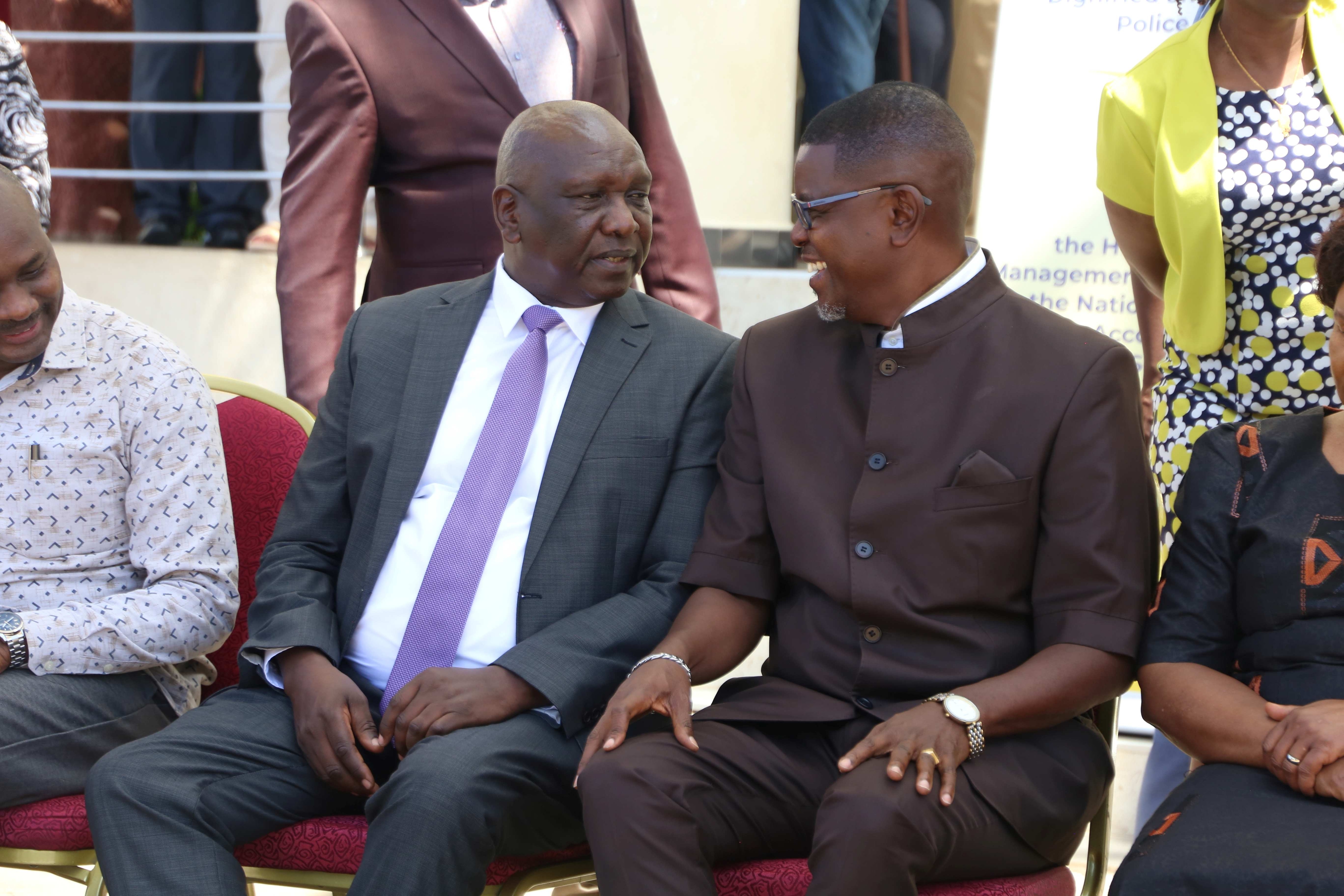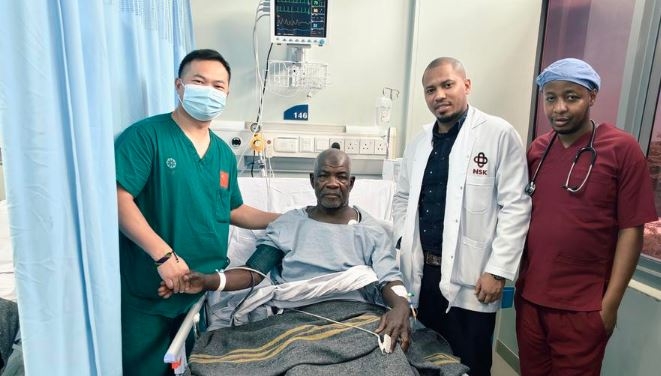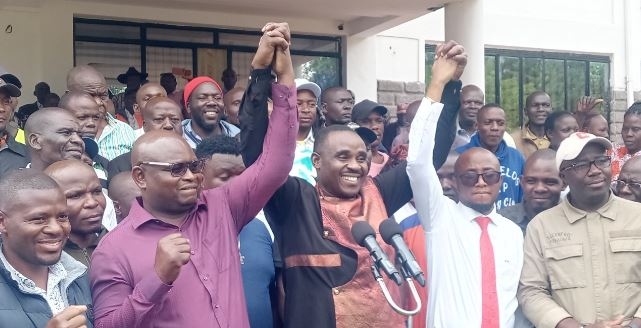
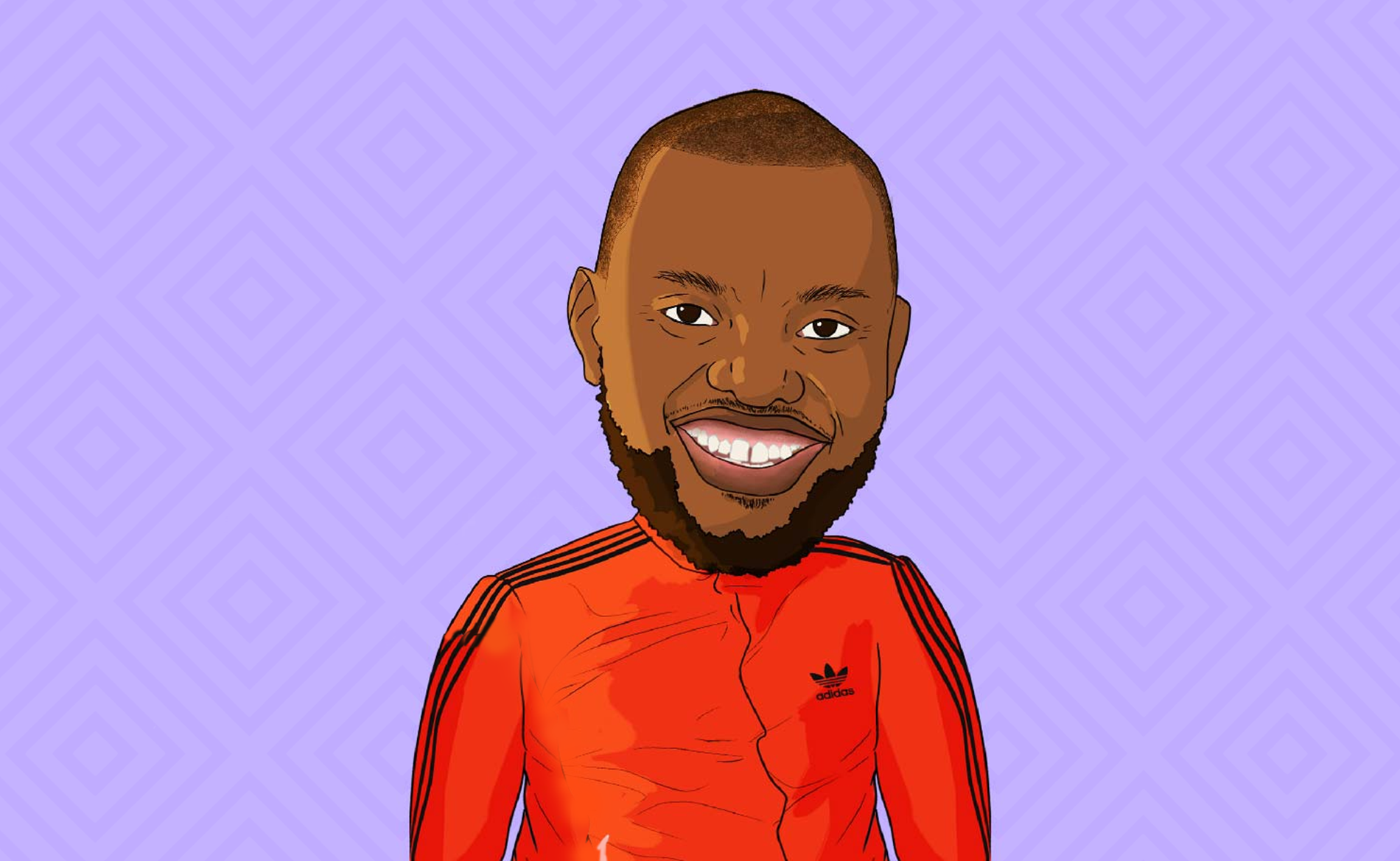
To be a man is to risk being forgotten in the hustle and bustle of ordinary life. It is easy for a man to lose himself when his eyes are so firmly fixed on the future that he loses track of the present. And yet, it’s not just providing that makes the man.
Underneath the stoic instinct to provide, it’s easy to forget that men are also people with needs beyond the physical. Men need to focus on their emotional well-being. However, men often hide their pain behind banter and dark jokes. These serve as both an outlet and a mask over bubbling emotions, but they are not enough. It’s not enough to surround yourself with people who take your jokes at face value without looking deeper.
Sharing does not make you weak as a man. When a man shares with you, he is not necessarily looking for a solution. Beneath the hard exterior of societal expectations lies a person who wants a safe environment to lay down the burden of life, even if only for a few hours—to express thoughts, dreams, or problems and view them from an outsider’s perspective.
One of the surprising things about opening up to others—especially other men—is the realization that your problems are not unique. There are shared experiences that often go unspoken because men choose to internalize and hide their struggles. But when you shake off the fear of being judged or perceived as weak, a whole new world of learning and connection is opened up.
This truth hit home for me when I faced challenges with a colleague at work.
He was missing work inconsistently and seemed disengaged despite being
incredibly talented and crucial to our team dynamic. Instead of brushing it off
or letting frustration build, I decided to reach out, man to man.
This colleague was my very first encounter with a serious mental health
situation, which gave me an opportunity to learn and understand through it.
This case was also how my organization at the time included mental health
insurance into the company, because we took the attention to board level.
Over months, I worked to develop a friendship with him that went beyond our
9-to-5 routines. Slowly, he began to open up. When he finally did, something
magical happened: we developed a mental health resource platform called Bonga—meaning
“speak up” in Kenyan slang. Bonga is an anonymous platform that allows
individuals to openly talk about the issues they’re going through without
needing to sign in, share their phone number, or provide an email address.
Fully anonymous.
Today, Bonga has supported thousands of individuals struggling with stigma
to find a safe space to talk about their mental challenges. Reflecting on this
journey, here are some lessons I’ve learned about the role of friendship in
supporting mental health:
1. Friendship
plays a huge role in mental health support when we are intentional.
Genuine connections create safe spaces where people feel seen and heard.
2. We
should be more observant of the people around us, especially at work.
Sometimes, unusual behaviors signal deeper struggles, and noticing them could
be the first step to helping someone.
3. Friendship
builds trust over time. It’s rarely an instant process, but
persistence and patience can unlock conversations that lead to healing.
4. Friendship
provides a mirror. Sharing perspectives with someone you trust can
help you see your situation differently, offering clarity and hope.
5. Friendship normalizes vulnerability. When men see other men sharing openly, it breaks the cycle of silence and inspires others to do the same.
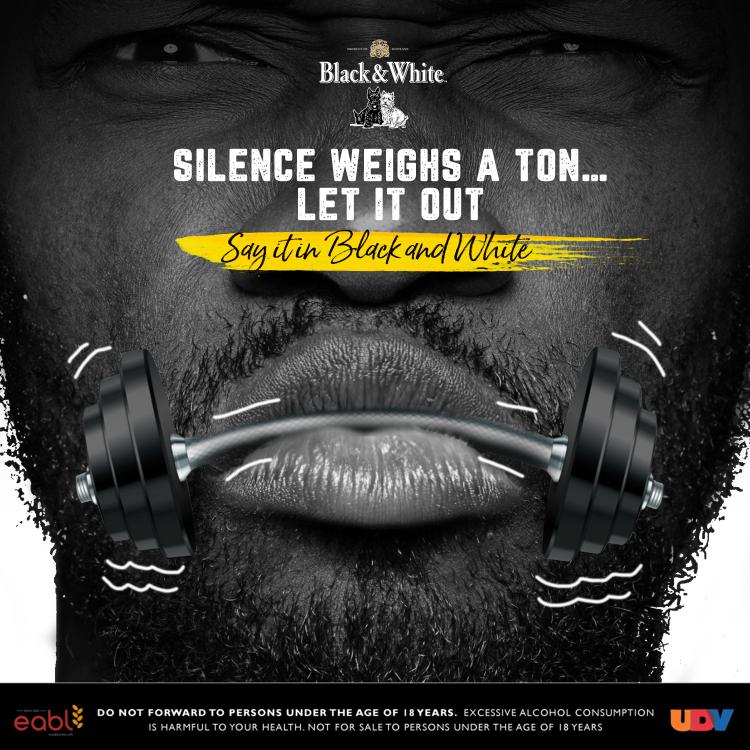
In the end, it’s about creating a culture where men feel safe to say it in
black and white, to share their struggles without fear or shame. Friendship
isn’t just a social nicety—it’s a lifeline for emotional health.
So, as you navigate life, take a moment to connect with the men around you.
Ask the deeper questions, offer your ear, and say it in black and white: you
don’t have to do this alone. Because when we come together, we’re better
together.
This colleague, this friend who we no longer work together, is the developer
of that amazing platform. Bonga.or.ke. Cheers to you, Ben Mwangi.
By David Muba - Founder of Bonga, alongside Ben Mwangi and Chao Tolle





